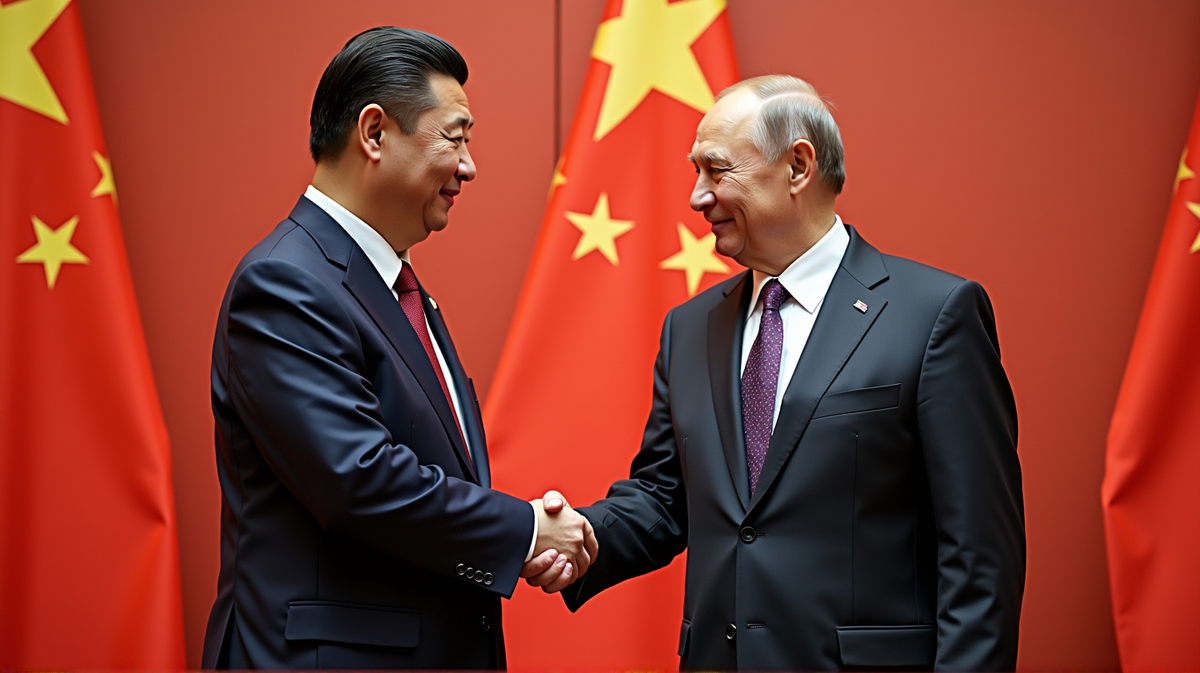Strategic Bond Market Opening: China's Power Move with Russia
China opens bond market to Russian energy firms signaling deep ties, following Xi-Putin talks amid Ukraine war sanctions.

The intricate dance of global diplomacy continues as China makes a significant strategic decision — to reopen its domestic bond market to major Russian energy companies. This move not only highlights the evolving and strengthening relationship between Beijing and Moscow but also sends a powerful message in the face of global sanctions imposed due to the Ukraine conflict.
A Calculated Economic Strategy
In late August, a meeting in Guangzhou became the stage for a groundbreaking announcement. Senior Chinese financial regulators assured top Russian energy executives of China’s support in allowing their firms to sell yuan-denominated “panda bonds.” This decision underscores a calculated economic strategy to bolster financial collaboration amidst the geopolitical turbulence anchored by the war in Ukraine.
The Significance of Panda Bonds
“Panda bonds” represent an opportunity for Russian firms to engage with China’s vast financial resources. As the Chinese market prepares to welcome these bonds, it illustrates the adaptability and resilience of Sino-Russian relations to external pressures. The move also demonstrates Russia’s economic orientation pivoting towards Asia, especially as Western markets grow increasingly inaccessible.
Deepening Diplomatic Ties
This development follows strategic discussions between Russia’s Vladimir Putin and China’s Xi Jinping. Their engagement not only reflects mutual economic interests but also a shared vision for increased cooperation. The reopening of the bond market to Russian entities signals the deepening diplomatic ties, with China choosing to ignore sanctions imposed by Western powers in favor of strengthening its alliance with Russia.
Implications for Global Politics
The global political landscape is implicitly affected by China’s latest move. By facilitating financial access through panda bonds, China reinforces its supportive stance towards Russian energy companies, thereby challenging the effectiveness of Western sanctions and exerting its influence on the global economic stage. According to AFR, this situation not only reshapes economic alliances but also tests the West’s resolve in managing geopolitical pressures.
Conclusion
China’s decision to embrace Russian energy companies within its bond market showcases the interplay of power dynamics in international relations. As both countries navigate economic and diplomatic landscapes, these steps have broad implications for the future of global trade alliances and financial strategies. This move adds another layer to the complex narrative of global power shifts in our increasingly multipolar world.





